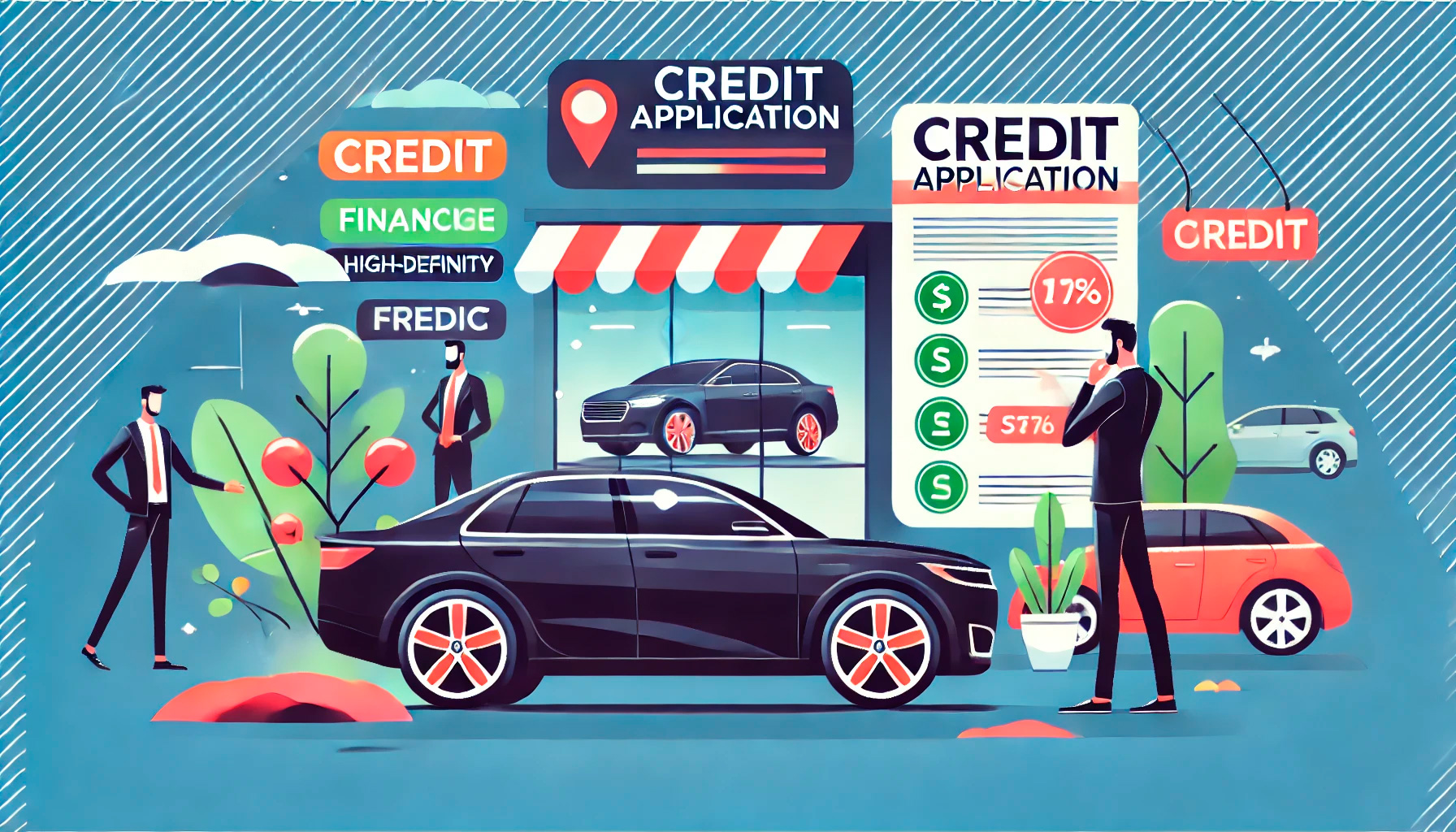Managing credit is an essential part of maintaining a healthy family budget. Whether it’s using credit cards, taking out loans, or paying off debt, balancing credit use with responsible spending is key to achieving long-term financial stability. Mismanaging credit can lead to high-interest payments, mounting debt, and financial stress. In this guide, we’ll explore practical tips for managing credit within the family budget to ensure that borrowing serves as a tool for financial growth rather than a burden.
Create a Family Budget First
Before addressing credit management, it’s important to have a solid family budget in place. A well-planned budget allows you to track your income and expenses, ensuring that you can cover your essential needs and allocate funds toward debt repayment. Start by listing all sources of household income, followed by monthly expenses such as mortgage or rent, utilities, groceries, transportation, and any ongoing debts like credit cards or personal loans.
With a clear understanding of your financial situation, you can better manage how much credit you use and ensure that you don’t take on more debt than you can handle. A budget helps you stay on track with credit payments while setting aside savings for emergencies or future goals.
Use Credit Cards Wisely
Credit cards can be useful tools for building credit and managing short-term expenses, but they must be used wisely to avoid financial strain. One of the golden rules of credit card management is to only charge what you can afford to pay off in full each month. Paying off the full balance on time helps you avoid interest charges, maintain a strong credit score, and keep debt levels under control.
If you can’t pay the full balance, prioritize paying more than the minimum payment to reduce the amount of interest you’ll be charged over time. Keep in mind that credit card interest rates can be quite high, so carrying a balance for an extended period can significantly increase your total debt.
Avoid Using Credit for Non-Essential Purchases
Credit should be used strategically, not as a means to fund non-essential purchases. When planning your family budget, allocate credit use to necessary expenses such as emergency repairs, medical bills, or planned larger purchases that are part of your financial strategy. Avoid using credit for luxury items or impulse purchases that could otherwise be delayed until you’ve saved the cash.
By keeping non-essential spending off your credit cards, you reduce the risk of accumulating unnecessary debt, which can weigh down your budget and limit your ability to save for future goals.

Keep Track of Your Credit Utilization
Credit utilization is the percentage of your total available credit that you’re currently using. A high credit utilization rate (generally above 30%) can negatively impact your credit score, making it more difficult to secure favorable loan terms or credit in the future. Monitoring your credit utilization across all your accounts is key to managing credit responsibly.
Try to keep your credit utilization below 30% by paying down balances regularly and not maxing out your credit cards. For example, if you have a total credit limit of $10,000, aim to keep your outstanding balance below $3,000 to maintain a healthy credit score.
Pay Attention to Interest Rates
When managing credit, always consider the interest rates attached to each form of borrowing. Credit cards, personal loans, and other types of credit come with varying interest rates, and high rates can quickly increase the total cost of borrowing. Prioritize paying off debts with the highest interest rates first to save money in the long run.
If you have multiple debts, consider consolidating them with a lower-interest personal loan or balance transfer credit card. This strategy can simplify your payments and reduce the amount of interest you pay, making it easier to stay on top of debt within the family budget.
Build an Emergency Fund
One of the most effective ways to avoid over-reliance on credit is to build an emergency fund. This fund should cover three to six months of essential expenses, such as housing, utilities, and groceries. Having an emergency fund in place reduces the need to use credit cards or loans in the event of unexpected expenses, such as medical bills, car repairs, or job loss.
By saving for emergencies, you can avoid accumulating high-interest debt and keep your credit use within manageable limits. Start by setting aside a small amount each month and gradually build up your emergency savings over time.
Monitor Your Credit Score
Your credit score is a key factor in determining your ability to access credit and the interest rates you’ll be offered. Regularly monitoring your credit score allows you to stay informed about your credit health and catch any errors or fraudulent activity early. Many credit card companies and financial institutions offer free credit score tracking services, so take advantage of these tools to keep an eye on your score.
If your credit score is lower than you’d like, focus on making consistent, on-time payments, reducing credit card balances, and avoiding new debt to gradually improve it. A strong credit score gives you more options for borrowing at favorable rates, which can make a significant difference in your family’s financial flexibility.
Avoid Opening Too Many Credit Accounts
While having some credit is necessary for building a credit history, opening too many credit accounts in a short period can be risky. Each time you apply for a new credit card or loan, it results in a hard inquiry on your credit report, which can temporarily lower your score. Additionally, managing multiple credit accounts increases the risk of missing payments or losing track of your overall debt level.
Instead of applying for new credit frequently, focus on managing the accounts you already have. Only open new credit accounts if it’s necessary for a specific financial purpose and fits within your family’s budget strategy.
Set Up Automatic Payments
To avoid late fees and maintain a good credit score, set up automatic payments for your credit cards, loans, and other bills. By automating payments, you ensure that you never miss a due date, which can help protect your credit score and prevent penalties from accumulating.
Automating at least the minimum payment ensures that your accounts stay in good standing, but if possible, set up automatic payments for the full balance to avoid interest charges entirely. This approach simplifies credit management within the family budget and reduces the risk of forgetting a payment.
Conclusion
Effectively managing credit is an essential part of maintaining a healthy family budget. By using credit responsibly, paying attention to interest rates, and keeping debt under control, you can leverage credit as a tool for financial growth while avoiding unnecessary debt. Focus on paying off high-interest debts first, keeping your credit utilization low, and building an emergency fund to reduce the need for future borrowing.
With a clear family budget in place and a proactive approach to credit management, you can ensure that your household remains financially stable and prepared for whatever life throws your way.





